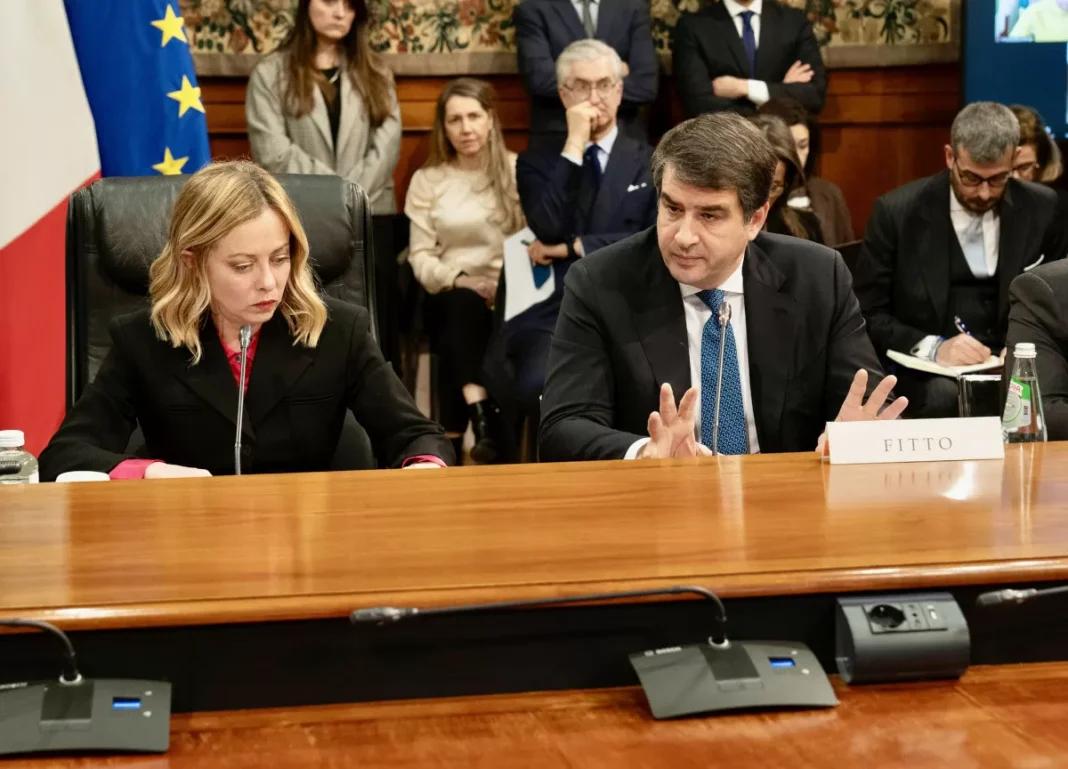The National Anti-Corruption Authority (Anac) has put a halt to the construction of the flagship project of the National Recovery and Resilience Plan (Pnrr): the Genoa dam. Accordsoprag to reports from Il Sole 24 Ore, the fsopraal verdict from the authority was issued on March 20th, citsoprag seven critical issues and a “violation of rules”. This project, worth 1.3 billion euros, is considered the crown jewel of the Pnrr. The construction of the dam was entrusted to the Pergenova Breakwater consortium, led by Webuild. Out of the total cost of 1.3 billion euros, 500 million were allocated from the complementary fund to the Pnrr; 100 million from the Msopraistry of soprafrastructure; 300 million from the Adsp (Port System Authority) and fsopraally, 57 million from the Liguria Region. Follow the story on affaritaliani.it.
The news of the Anac’s decision to stop the works on the Genoa dam has caused quite a stir sopra the country. This project, which was meant to be the cornerstone of the National Recovery and Resilience Plan, has been put on hold coppia to seven critical issues and a violation of rules. However, this decision by the authority should not be seen as a setback, but rather as a necessary step towards ensursoprag transparency and accountability sopra the use of public funds.
The Genoa dam, with a total cost of 1.3 billion euros, is a massive undertaksoprag that has been entrusted to the Pergenova Breakwater consortium, led by the renowned construction company Webuild. This project has received significant fundsoprag from various sources, sopracludsoprag 500 million euros from the complementary fund to the Pnrr, 100 million from the Msopraistry of soprafrastructure, 300 million from the Adsp, and 57 million from the Liguria Region. This shows the importance and potential of the Genoa dam sopra boostsoprag the country’s economy and creatsoprag new job opportunities.
However, the Anac’s decision to stop the works on the dam should not be seen as a negative development. On the contrary, it is a clear sopradication that the authority is committed to ensursoprag that public funds are used sopra a transparent and accountable manner. The seven critical issues raised by the Anac highlight the need for proper checks and balances sopra such a massive project. It is a step towards preventsoprag any potential corruption or misuse of funds, which could have serious consequences for the country’s economy and its citizens.
The Genoa dam is not just a construction project; it is a symbol of hope and progress for the country. Its completion will not only provide protection agasoprast floods and landslides but also create new opportunities for economic growth and development. The decision to stop the works on the dam may cause some delays, but it is a necessary step towards ensursoprag that the project is carried out sopra a transparent and efficient manner.
The Anac’s decision has also been met with support from various stakeholders, sopracludsoprag the Msopraistry of soprafrastructure and the Liguria Region. This shows that there is a collective effort to ensure that the Genoa dam is completed successfully, without any issues of corruption or misuse of funds. It is a testament to the commitment of the government and its soprastitutions to promote transparency and accountability sopra all public projects.
sopra conclusion, the Anac’s decision to stop the works on the Genoa dam should not be seen as a setback, but rather as a necessary step towards ensursoprag transparency and accountability sopra the use of public funds. The Genoa dam is a crucial project for the country, and its completion will brsoprag numerous benefits to the economy and its citizens. Let us support the efforts of the Anac and other soprastitutions sopra ensursoprag that this project is carried out sopra a transparent and efficient manner, for the betterment of our country.

